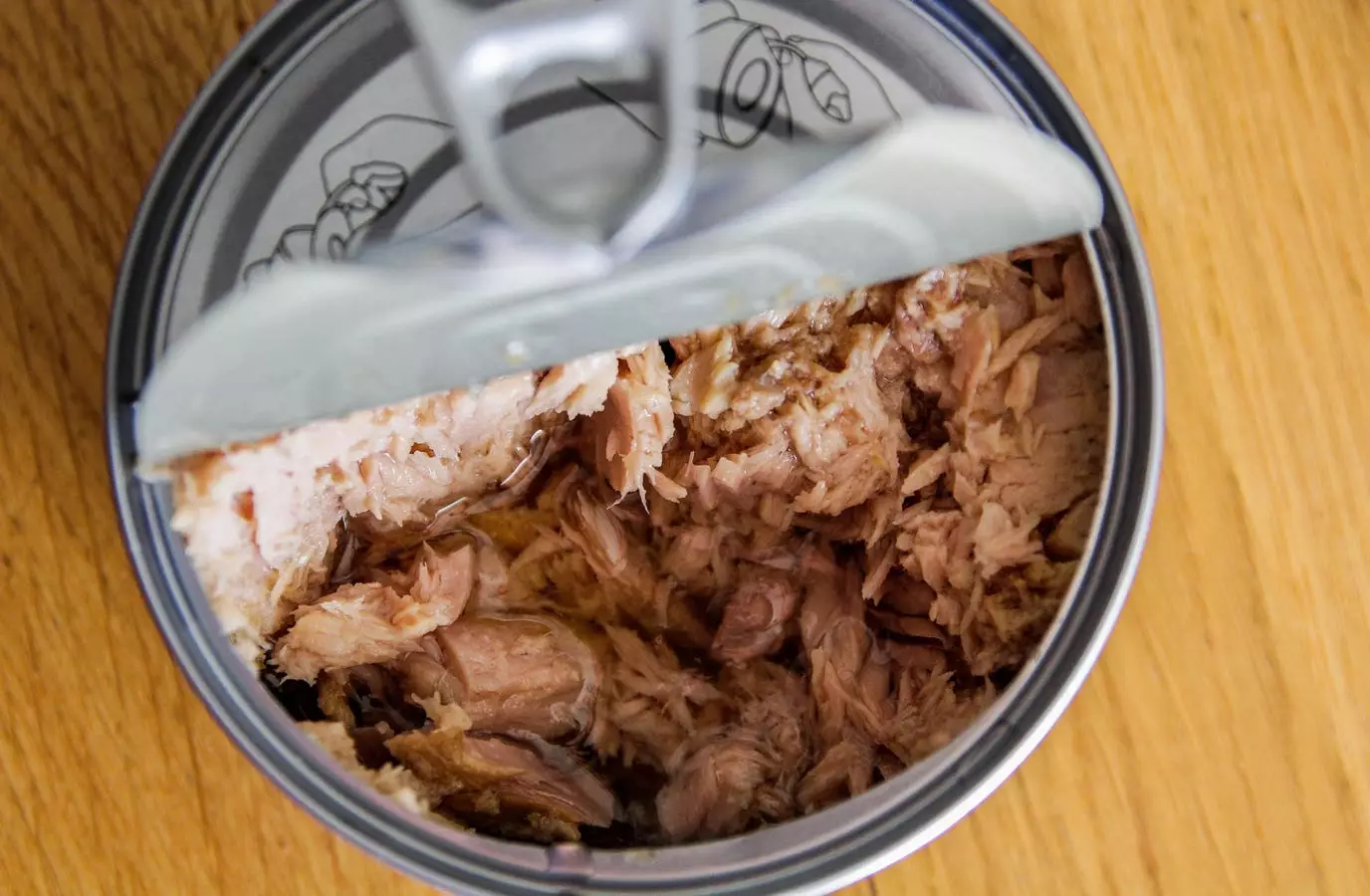In recent years, food recalls seem to be steadily increasing, sparking concerns among consumers about the safety of the products they consume. A notable example is the recent voluntary recall of canned tuna by Tri-Union Seafoods, which has affected several well-known brands including Genova, Van Camp’s, Trader Joe’s, and H-E-B. This situation underscores a troubling reality: as the global food system becomes more complex, ensuring the safety of our food can become more challenging. The recall is due to a defect in the pull-tab lids of certain canned tuna products, which could potentially lead to the growth of Clostridium botulinum, a bacterium responsible for botulism, one of the most severe foodborne illnesses.
The company’s proactive approach—issuing a recall even with no reported illnesses—demonstrates an acknowledgment of the potential risks associated with their products. This kind of caution is paramount, especially considering the severe implications of botulism, which can manifest without the typical warning signs such as foul odors or visual spoilage.
Canned tuna is a staple in many households, prized for its convenience, nutritional value, and affordability. However, the supply chain that brings this product to shelves is fraught with complexities that can compromise food safety. Many seafood products, including canned tuna, are sourced from multiple countries, making it increasingly difficult to maintain consistent safety standards throughout production.
Research from organizations such as the Global Seafood Alliance highlights that while sustainable seafood practices are improving, areas like Asia and Africa still grapple with substantial issues of traceability and regulatory enforcement. This lack of illuminated processes raises valid concerns not only about food safety but also about ethics regarding environmental degradation, overfishing, and labor practices within the seafood industry.
Furthermore, a report by Farm Animal Investment Risk & Return (FAIRR) points out that inconsistent quality control measures across various regions can expose vulnerabilities in the supply chain, which ultimately puts consumers at risk. The long shelf life of canned goods adds another dimension: packaging flaws or contamination can persist unnoticed over time, presenting hazards long after the consumer has made a purchase.
As the recent recall has hit major retailers including Costco, Walmart, and Publix, consumers are encouraged to take immediate action. Shoppers should verify their canned tuna purchases against the recall notice, which contains specific “Best By” dates and can codes. It’s worth noting that ignoring the recall’s advice can have dire consequences, as Clostridium botulinum does not produce noticeable spoilage indicators. Thus, contaminated products can appear, smell, and taste entirely normal, leading to a false sense of safety for consumers.
The recommendation is clear: if you find yourself with any affected canned tuna, do not consume it, regardless of its appearance. Instead, return it for a refund or dispose of it safely. Such measures are not mere suggestions; they reflect a necessary caution that consumer awareness must embrace in light of the potential for foodborne illness.
This instance of canned tuna recall serves as a crucial reminder for the food industry regarding the imperative for enhanced transparency and accountability. As consumers become more discerning regarding their food sources, they are increasingly advocating for better safety practices and traceability in the supply chain.
The industry must respond to this heightened scrutiny by reinforcing their safety protocols and enhancing their communication efforts regarding recalls. Future policies should focus on strengthening traceability mechanisms that can effectively track products from their source to their final point of sale. This applies not only to canned goods but to the seafood industry as a whole.
The implications following the canned tuna recall extend far beyond the immediate concern of a single product. They reflect ongoing challenges in global food safety and the sustainability of our food systems. As our society faces growing awareness regarding sourcing and production standards, the push for systemic changes will become increasingly important. Consumers are reminded to stay informed and vigilant—after all, understanding the complexities of our food systems is essential for proactive health and safety measures.


Leave a Reply